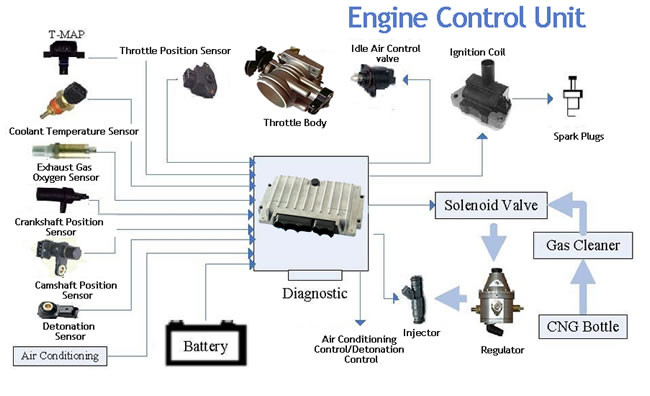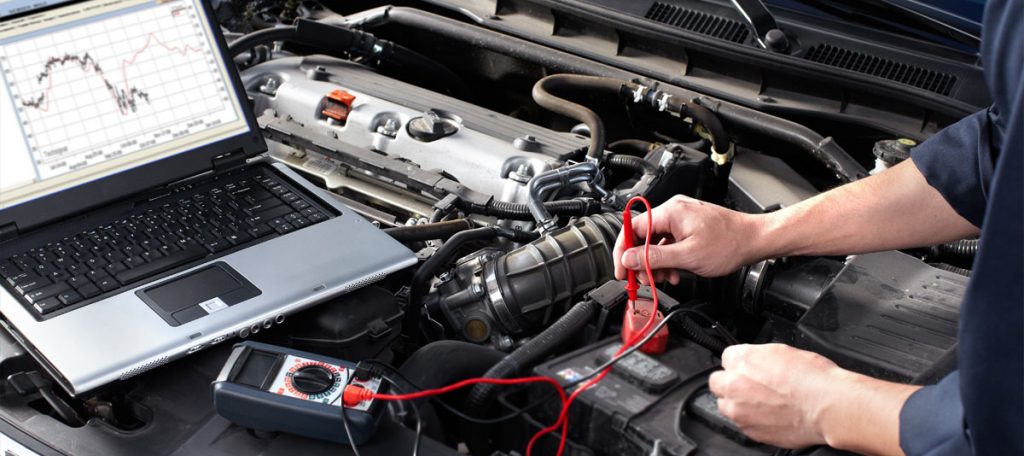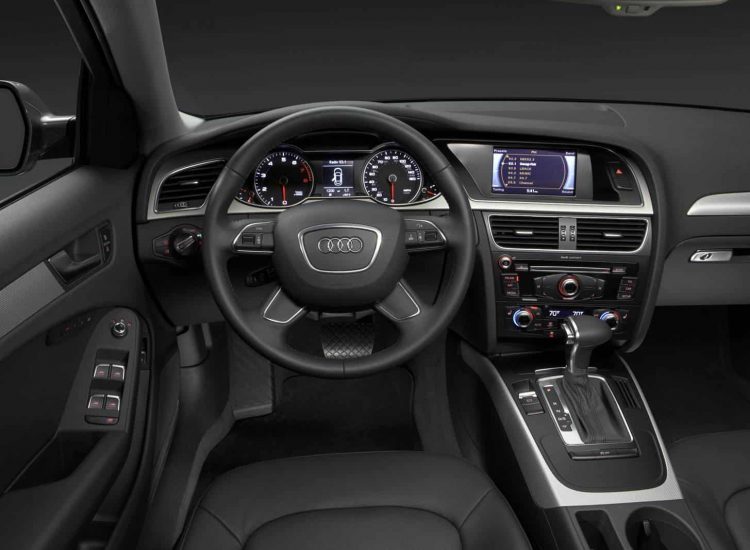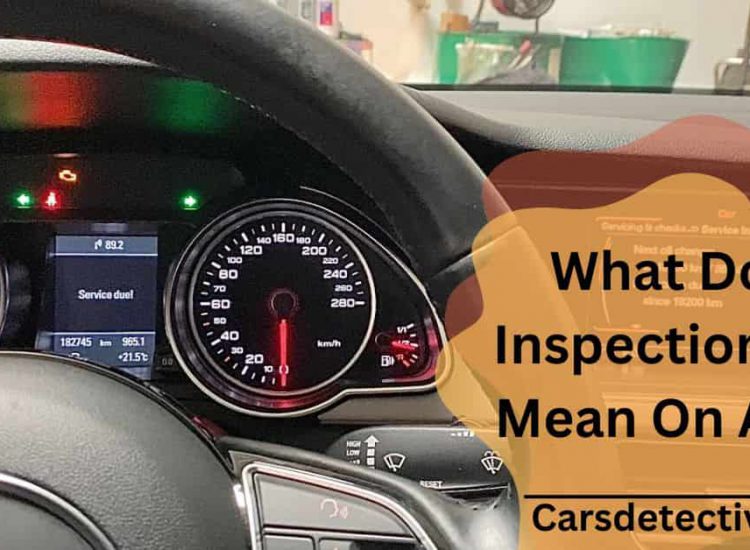In owning and upkeeping a luxury car such as an Audi, it’s vital to be mindful of possible costs, including diagnostic fees. These diagnostic assessments are crucial in pinpointing vehicle system issues and ensuring timely resolution.
Toc
- 1. Table of Contents:
- 2. How can ambiguous car problems be diagnosed? – Complete Overview!
- 3. What is a test for diagnosis? – Stay Updated!
- 4. How do you perform a general diagnostic? – Don’t Miss Out!
- 5. Guidelines for the General Diagnosis – You May Know!
- 6. Related articles:
- 7. Things to watch out for while managing a general diagnosis – Let’s Explore!
- 8. Can I do general diagnostics on my own? – Don’t take Risk!
- 9. The brand-specific most costly diagnostic charge at a dealership – A Deep Dive!
- 10. Do dealerships subtract the diagnostic charge from the cost of repairs?
- 11. Costs of Common Audi Repairs – Discuss with Us!
- 12. Frequently Asked Questions:
- 12.1. Are Audi diagnostic fees refundable?
- 12.2. Can I get a quote for Audi diagnostics before the service?
- 12.3. Do independent auto shops offer more affordable diagnostics than Audi dealerships?
- 12.4. How long does an Audi diagnostic test take?
- 12.5. Can I perform a self-diagnosis using Audi’s onboard diagnostics (OBD) system?
- 13. Conclusion:
The typical expense for a general diagnosis on an Audi A4 ranges from $110 to $139, with labor costs anticipated to be within the same range of $110 to $139.
You’re in good company if you’re interested in understanding diagnostic charges, including their purpose, when they should be settled, and whether they justify the cost. Numerous car owners, current, former, or prospective, often incur diagnostic fees as an essential step in identifying complex vehicle issues.
While a diagnostic fee can be preferable to discovering car problems later, it remains an unavoidable expense. If you’re eager to gather additional details about Audi, let’s initiate your informational exploration with Carsdetective.
Table of Contents:
How can ambiguous car problems be diagnosed? – Complete Overview!
When a vehicle needs diagnosis, the technician will devise a diagnostic plan based on observed symptoms. Several initial approaches are utilized depending on the actions or lack thereof exhibited by the vehicle.

For example, a “start and stall” problem, where the engine begins but immediately stops, follows a specific diagnostic procedure to determine the root cause. It’s crucial to note that broad diagnostics lead to more specific ones as the issue is categorized based on the system responsible for the failure.
What is a test for diagnosis? – Stay Updated!
A diagnostic test is conducted when a technician links a scanning device to a car’s Engine Control Unit (ECU), commonly known as the vehicle’s “computer” or central processing unit. This scanning device communicates with the ECU to extract reports on operational issues or irregularities.
Similar to antivirus software, diagnostic tests identify glitches in the various systems that enable your car to function. When the computer identifies a problem, it creates a log detailing it for future reference.
Diagnostic tests assess multiple components of your vehicle, such as the powertrain, throttle, brakes, various sensors, exhaust system, fuel system, and advanced safety systems.

Many individuals encounter the diagnostic test process when a dashboard warning light appears in their vehicle. Technicians employ scanning tools to retrieve information about the reason behind the light illumination.
Detecting issues early through diagnostic tests can lead to cost savings. Identifying a minor problem through a diagnostic test may prevent the need for expensive replacements like a new engine or transmission.
Read Also: Can I Get My Audi Serviced Anywhere? – Discover More!
How do you perform a general diagnostic? – Don’t Miss Out!
Rectifying common diagnostic issues typically entails replacing essential elements like the battery, alternator, blown fuse, or faulty coil.
However, given the diverse array of components that could contribute to a problematic condition, addressing these issues involves actions ranging from fuse replacement to engine replacement, and the specific repair approach is determined on a case-by-case basis.

Additionally, the complexity of modern vehicles requires technicians to employ advanced diagnostic tools to accurately pinpoint and address issues, ensuring effective and efficient repairs that align with the specific needs of each situation. This approach enhances the overall reliability and performance of the vehicle.
Read Also: Audi S4 Gearbox Malfunction You Can Continue Driving – Upgrade your life!
Guidelines for the General Diagnosis – You May Know!
Guidelines for general diagnosis in the automotive context involve systematic procedures and considerations to identify and address issues affecting a vehicle’s performance. Here are some key aspects:
Diagnostic Tools and Equipment:
Technicians use advanced diagnostic tools to communicate with the vehicle’s onboard computer systems. These tools help retrieve error codes, sensor data, and other relevant information for a comprehensive analysis.

Initial Inspection:
A visual inspection of the vehicle is often the first step. This includes examining any apparent damage, leaks, or loose parts. Observing the vehicle’s behavior and listening to unusual sounds can provide valuable clues.
Computer Diagnostics:
Connecting a scanning device to the Engine Control Unit (ECU) allows technicians to access diagnostic trouble codes (DTCs) and real-time data. This step helps identify specific areas of concern within the vehicle’s various systems.
Read Also: How Many Miles Does Audi Q5 Last? – Upgrade your Experience!
Component Testing:
Depending on the nature of the issue, technicians may perform tests on individual components such as sensors, actuators, and electrical circuits. This helps pinpoint the source of the problem.
Fluid Analysis:
Checking the levels and condition of fluids, including oil, coolant, and transmission fluid, can reveal issues such as leaks or contamination that may impact the vehicle’s performance.

Road Testing:
Taking the vehicle for a test drive allows technicians to experience firsthand any abnormalities in its performance, such as unusual noises, vibrations, or handling issues.
Customer Input:
Gathering information from the vehicle owner about recent events or changes in performance can provide additional insights into the problem.
Read Also: Audi Smartphone Interface Not Working – A Comprehensive Guide!
Things to watch out for while managing a general diagnosis – Let’s Explore!
Identifying issues in contemporary automotive systems without adequate expertise and training can prove challenging and potentially lead to frustration. Without proper diagnostic techniques, resolving problems may rely on replacing parts based on speculation rather than informed analysis.
The recent advancements in automotive systems, especially over the last few years, have made vehicles highly sophisticated, featuring intricate communication networks that enable seamless interaction between various systems.

While this connectivity is advantageous for trained technicians, it can pose challenges for do-it-yourselfers seeking cost-effective repairs, as navigating these complexities demands specialized knowledge and skills.
Read Also: Audi A4 Rattle When Accelerating – Complete Guidelines!
Can I do general diagnostics on my own? – Don’t take Risk!
Attempting general diagnosis is suitable for experienced do-it-yourself enthusiasts possessing comprehensive knowledge of affected vehicle systems and the necessary tools and diagnostic techniques.
However, when one’s expertise and resources are exhausted, it is advisable to entrust the diagnostic task to a professional technician. Without the requisite knowledge, skill, and tools, attempting further diagnosis may risk causing damage to the vehicle.
Therefore, professional intervention becomes crucial to ensure accurate and effective problem resolution.
The brand-specific most costly diagnostic charge at a dealership – A Deep Dive!
Here are the estimated diagnostic costs at different dealerships, categorized by brand.
Brand | General Diagnostic Fee (estimated) |
|---|---|
| Audi | $110 to $139 |
| BMW | $110 to $139 |
| Buick | $88 to $111 |
| Cadillac | $88 to $111 |
| Chevrolet | $88 to $111 |
| Ford | $88 to $111 |
| GMC | $88 to $111 |
| Honda | $88 to $111 |
| INFINITI | $110 to $139 |
| Jaguar | $119 to $150 |
| Jeep | $88 to $111 |
| Land Rover | $119 to $150 |
| Lexus | $110 to $139 |
| Lincoln | $110 to $139 |
| Mazda | $88 to $111 |
| MINI | $101 to $128 |
| Nissan | $88 to $111 |
| Porsche | $119 to $150 |
| Ram | $88 to $111 |
| Toyota | $88 to $111 |
| Volkswagen | $101 to $128 |
Read Also: Audi s3 8v Exhaust Tips – Complete Guidelines in 2024!
Do dealerships subtract the diagnostic charge from the cost of repairs?
The decision to waive diagnostic fees and incorporate them into the final repair bill is at the discretion of individual dealerships, akin to policies regarding Sunday business hours. Although dealerships don’t need to offset diagnostic fees against the overall service cost, many opt for this practice as a customer service gesture.
This approach is particularly beneficial as it fosters customer loyalty, considering clients can quickly obtain a diagnosis and seek more economical labor elsewhere. An exception to this practice arises in situations covered by warranty, whether the manufacturer’s or an extended warranty.

Dealerships might only immediately absorb all or part of the diagnostic fees once the warranty claim is verified. In cases where the repair is eligible for warranty coverage, the dealership assumes responsibility for handling associated fees and paperwork under the warranty terms.
Read Also: 2001 Audi tt Quattro Oil Type – Don’t Take Risk!
Costs of Common Audi Repairs – Discuss with Us!
According to J.D. Power, Audi is ranked among the top 10 brands for reliability, indicating that with proper care, Audi cars can be dependable with minimal issues. Nonetheless, components may wear down over time and with mileage, necessitating replacements. Here are some prevalent problems and repairs associated with Audi vehicles:
Electrical Component Failure:
- Issue: Malfunctions in the electrical system, leading to dashboard or central display lights failing to illuminate.
- Cause: Wear and tear of electrical wiring or corrosion in connections.
- Resolution: Diagnosis of the electrical system and replacement of faulty components.
- Estimated Cost: Diagnostic procedure: $130-$200, plus the replacement part cost. Parts and labor may incur an additional $200-$1,000.
Ignition Coil & Spark Plug Failure:
- Issue: Common mechanical failure involving spark plug or ignition coil problems, leading to ignition failure.
- Cause: Failure of spark plugs and ignition coils.
- Resolution: Replacement of spark plugs and ignition coils.
- Estimated Cost: Spark plugs: $170-$220, Ignition coils: $250-$380.
Read Also: What Does Green Foot Mean on Audi? – Drive green, drive smart!
Exhaust Leaks:
- Issue: Audi cars are prone to exhaust pipe leaks, often requiring catalytic converter replacement.
- Cause: The design of the Audi exhaust system caused the catalytic converter to bend and open at the joint, leading to exhaust leakage.
- Resolution: Replacement of the catalytic converter.
- Estimated Cost: $1,590-$1,650.
Oil Leaks:
- Issue: Even in newer models, Audis may experience oil leaks, detectable through the smell of burning oil or smoke under the hood.
- Cause: Leaks from valve covers or gasket seals.
- Resolution: Replacement of valve covers or seals.
- Estimated Cost: $135-$260 per replacement of seals.
In summary, while Audi vehicles are generally reliable, addressing these common issues promptly can help maintain the car’s performance and prevent more significant engine damage.
Frequently Asked Questions:
Are Audi diagnostic fees refundable?
Generally, diagnostic fees are non-refundable. However, some dealerships may apply the diagnostic charge towards the repair cost if you proceed with the recommended fixes.
Can I get a quote for Audi diagnostics before the service?
You can request a diagnostic quote from the Audi dealership or service center. They will provide an estimate based on the initial assessment of your vehicle’s issues.
Do independent auto shops offer more affordable diagnostics than Audi dealerships?
Independent auto shops may offer competitive diagnostic rates compared to Audi dealerships. It’s advisable to obtain quotes from both sources to compare prices.
How long does an Audi diagnostic test take?
An Audi diagnostic test’s duration varies based on the problem’s complexity. A comprehensive assessment can take anywhere from 30 minutes to a few hours.
Can I perform a self-diagnosis using Audi’s onboard diagnostics (OBD) system?
Audi’s onboard diagnostics (OBD) system allows essential monitoring, but it’s recommended to consult a professional technician with specialized equipment for in-depth diagnostics.
Conclusion:
At the end of the conclusion,
The standard cost for a routine diagnosis on an Audi A4 falls between $110 and $139, with expected labor charges also projected to be in the corresponding range of $110 to $139.
I hope you all understand all the concepts.















